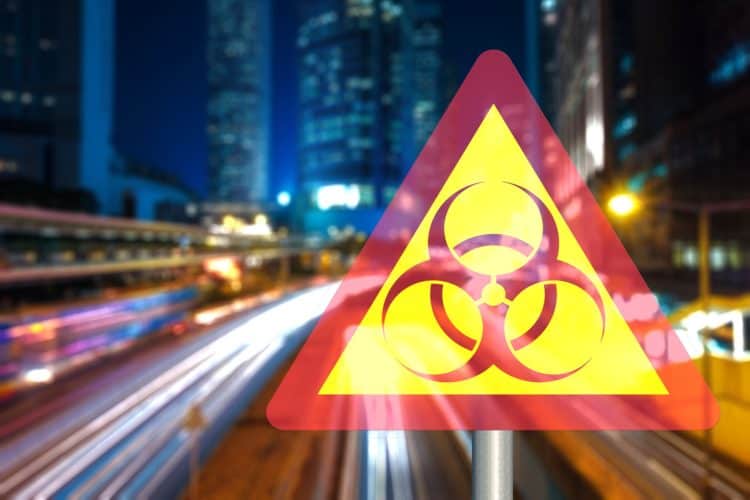Only 12% of more than 1,500 respondents believe their businesses are highly prepared for the impact of coronavirus, while 26% believe that the virus will have little or no impact on their business, according to a recent survey by Gartner when conducting a webinar.
“This lack of confidence shows that many organisations approach risk management in an outdated and ineffective manner,” said Matt Shinkman, vice president in the Gartner Risk and Audit practice. “The best-prepared organizations will manage the disruption caused by the coronavirus far better than their less-prepared peers.”
Survey highlights
- Most respondents (56%) rate themselves somewhat prepared, and 11% said they were either relatively or very unprepared.
- Just 2% of respondents believe their business can continue as normal
- 24% expect little disruption, while the majority expect business to continue at a reduced pace (57%), to be severely restricted (16%) or to be discontinued altogether (1%).
Activating polices too late
The challenge lies partly in the ambiguity inherent to managing an emerging risk such as coronavirus, said Gartner.
Organizations often have policies in place to deal with most risks, but they don’t activate them until it’s too late because no one is owning the risk or taking it seriously until it is fully manifested, the firm added.
“Board members tend to deal with emerging risks by just assuming they will go away and instead focus their attention on what is most important today,” said Shinkman. “In good times this methodology is reinforced because sometimes emerging risks really do just go away. It’s when they don’t that problems inevitably emerge.”
ERM best practice
Having an enterprise risk management (ERM) function in place means that an organisation is more likely to see risks coming and then mitigate the impact of those emerging risks more swiftly and effectively, said Gartner, adding that a focus on impacts rather than specific scenarios is best practice for ERM.
“It’s nearly impossible to predict exactly if or how a particular scenario will unfold or even when,” said Shinkman. “That’s what creates the ambiguity and often inaction around emerging risks. It’s much more effective to focus on potential impacts and how to mitigate them.”
Pandemic provides a perfect example of how this approach works – companies that wait until the emerging risk is already impacting operations and/or many employees will likely find themselves playing catch up and losing ground to companies that were better prepared, according to Gartner.
Companies can get better prepared by considering what interim events could occur that would suggest that a pandemic, or similar emerging risk, is about to sharply increase in terms of its impact or likelihood, the firm added.



